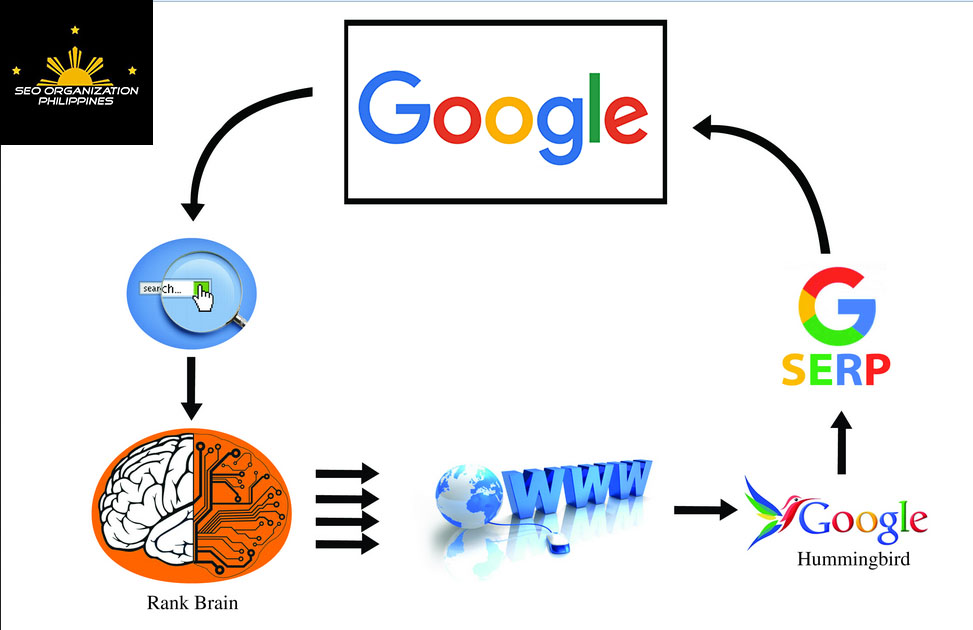RankBrain: How Smart is Your Search Engine?
You pick up your phone and open your browser. You try to look for the nearest pizza place from where you are. A list appears. You automatically choose the first one or at least any from the first three. That’s about it. That’s the closest interaction you got with Google a couple of years ago. Nowadays, as an SEO, you still order pizza in the same fashion. This time, however, you know how that pizza parlor got on the top of that list.
Search Engine Optimization opened wide array of opportunities for businesses to expand their reach be it global or local. We know how it works. Or at least the basics:
- A user-friendly site
- Amazing links sources with unbiased velocities.
- And of course uniquely valuable content.
We based these dynamics from a number of tested factors the search engine itself have presented. Luckily, it doesn’t stop there. This led to more and more users getting accustomed to using the search utility. It was inevitable however, that they’d start looking for better results, and improved functionalities.
How did Google want deal with a growing collection of client-base that continued to get smarter? There were updates here and there, mostly to make sure that results are more accurate every time they are produced. The most comprehensive and advanced yet, however, is RankBrain.
What is it?
RankBrain is what Google named their first artificial intelligence system focused on processing search results. It allowed the search engine to produce the results not just with the keywords, but also the search query’s context. Moreover, this awesome innovation does not just use AI the way it has been used before. It utilizes a truer version called “machine learning”. Which allows a computer to be as intelligent as a human being. Able to assimilate knowledge as it goes through various tasks in its existence.
Where did it come from?
It all started from one of Google’s earlier updates released, the “Hummingbird”. It concentrated mainly on making the algorithm smarter in recognizing context when a user searches. Unlike before when the search engine just relied on existing key terms inside the search phrase, now it tries to understand what the phrase means. RankBrain is a piece of this algorithm update.
How does it work?
Simply put, it revolves around the idea of trial and error. It’s just that the calculations are more precise. To cite an example, let’s say a salesman wanted to find out how many sales attempts it would take for her to sell a new product. The logical thing a human being would do is to write down how many times she’ll attempt to close, up to when the actual sale happens. To make her data more accurate, she can then attempt to compare results with another salesperson. This is where the learning begins. Since the data are different, the salesman will then use math to associate the results. New data is produced and new assumptions are created. The more instances this happens, the smarter the salesperson becomes. In this case is the AI.
Google will never give RankBrain’s exact particulars. But this will not stop us from doing our own research. We’re not sure if they wanted to scare us by saying that it is now the third-most important ranking signal. They were, however, successful in making us more curious.
Google’s algorithm continues to get smart as time goes by and it seems the only way to catch up is to completely immerse ourselves in its influence every day.
You can read more about RankBrain here.


